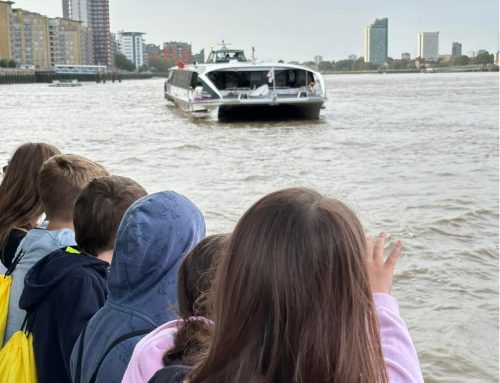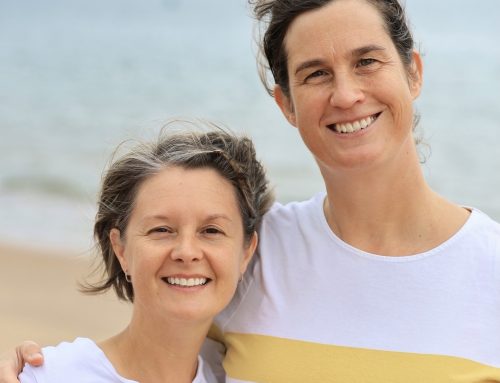
Recently I visited a school which was quite extraordinary. Since returning, I have mulled over quite what it was that made it so unusual and quite so effective. I came up with three things:
- The pupils’ wellbeing was at the heart of every decision school leaders and governors made
- The school had excellent relationships with the pupils and their parents. Lots of schools talk about being one big family – but this school had truly managed to foster that atmosphere
- The pupils had a strong, active voice within the community and they used it really well to DO meaningful things
As an educator of many years, seeing this play out so authentically really struck a chord with me. Since seeing it first hand, I have been asking myself – how has this school achieved it? What lessons could I learn if I were leading a school that had challenges in these areas?
Well, in a word it came down to one thing: The profile and standard of oracy within the school.
Everywhere you went, and whatever you experienced, everyone talked and everyone listened. The classrooms were speaking places. Teachers asked really well crafted questions, and the entire room thought aloud in response. They collectively worked through ideas verbally and got to a successful outcome. Pupils really heard each other and learned from each other. They invited each other to speak and canvased each other’s thoughts. In many ways they didn’t really need the teacher. They had outstanding articulation and explanation skills and were holistically well balanced individuals as a result.
The parents bought into the school approach, and school leaders used the same skills to engage with parents. They expressed school values clearly, but also listened to the parents’ needs and preferences. Satisfaction surveys showed the school had much parental support. The complaints log had no complaints on it. They had no instances of bullying.
The leaders within the school had made a strategic decision to embed speaking and listening into their entire curriculum because they saw its holistic value. Combined with mindfulness and other self-awareness techniques, this resulted in strong pupil wellbeing.
Children who started at three years old below the expected level of attainment in the EYFS prime area of language and communication were showing skills well above expectations before they entered KS1; and the trajectory continued to a point where the oldest KS2 learners were more verbally articulate than some professionals I have worked with.
The pupils then used these skills to empower themselves with each other and their own learning. The number of initiatives that had been pioneered and led by the pupils was exemplary. The pupils promoted, persuaded and performed remarkable achievements within their school and the wider community. The school staff listened and supported. They all collectively made things happen.
In a world that is rich in technology with AI, screens, soundbites and information snippets; oracy is needed more than ever. Those of you who’ve read anything I have written before will know that my background is in Theatre, so I know I am biassed when it comes to the value of self expression. I truly believe that we all need a meaningful way of interacting with the world, and language is usually the foremost technique we use as humans. It is a tool with which to action change, and when used effectively, that change can have impact.
I was so struck by the value and impact of oracy in this school because as a society, I fear we’ve forgotten its worth. Years of curriculum narrowing and a results driven culture has meant we’ve lost the impetus to nurture these vital life skills.
In Ofsted’s recent English curriculum review it is stated,
“Few schools design or follow a curriculum to develop pupils’ spoken language. Schools are not always clear about how to teach the conventions of spoken language that enable pupils to speak competently in a range of contexts. Teachers often attribute pupils’ weaknesses in speaking to a lack of confidence rather than realising that they have not been taught what they need to know about the topic under discussion to be able to form and articulate worthwhile contributions.” [Ofsted, March 2024]
…and I believe this is very true. Our schools have prioritised other areas over oracy, and we’re now paying the price.
Voice2, the UK’s Oracy Education charity says,
“On leaving school, children with poor verbal communication skills are less likely to find employment and more likely to suffer from mental health difficulties.” 9
So now more than ever we need to be taking a leaf out of this school’s book and building these skills as fundamentals into our schools’ ethos, values and curriculum.
Voice21 and Cambridge University have produced an Oracy Framework that focuses on the key areas of physical, linguistic, cognitive, social and emotional skills to develop oracy. Other frameworks such as P4C (Philosophy for Children) have comparative versions.
The resources are out there, and the new Government is endorsing it.
Let’s ride the wave and move forwards with oracy. As I saw in this small school, the possibilities are endless – because with good oracy comes incredible impact.
We are preparing young people for their future lives, and what better a skill is there to equip them with?
References and useful links:
Ofsted, ‘Telling the story: the English education subject report’ (2024) https://www.gov.uk/government/publications/subject-report-series-english/telling-the-story-the-english-education-subject-report#main-findings
Oracy Cambridge: https://oracycambridge.org/mind-the-gap/
P4C: https://www.sapere.org.uk/
Voice21: https://voice21.org/




